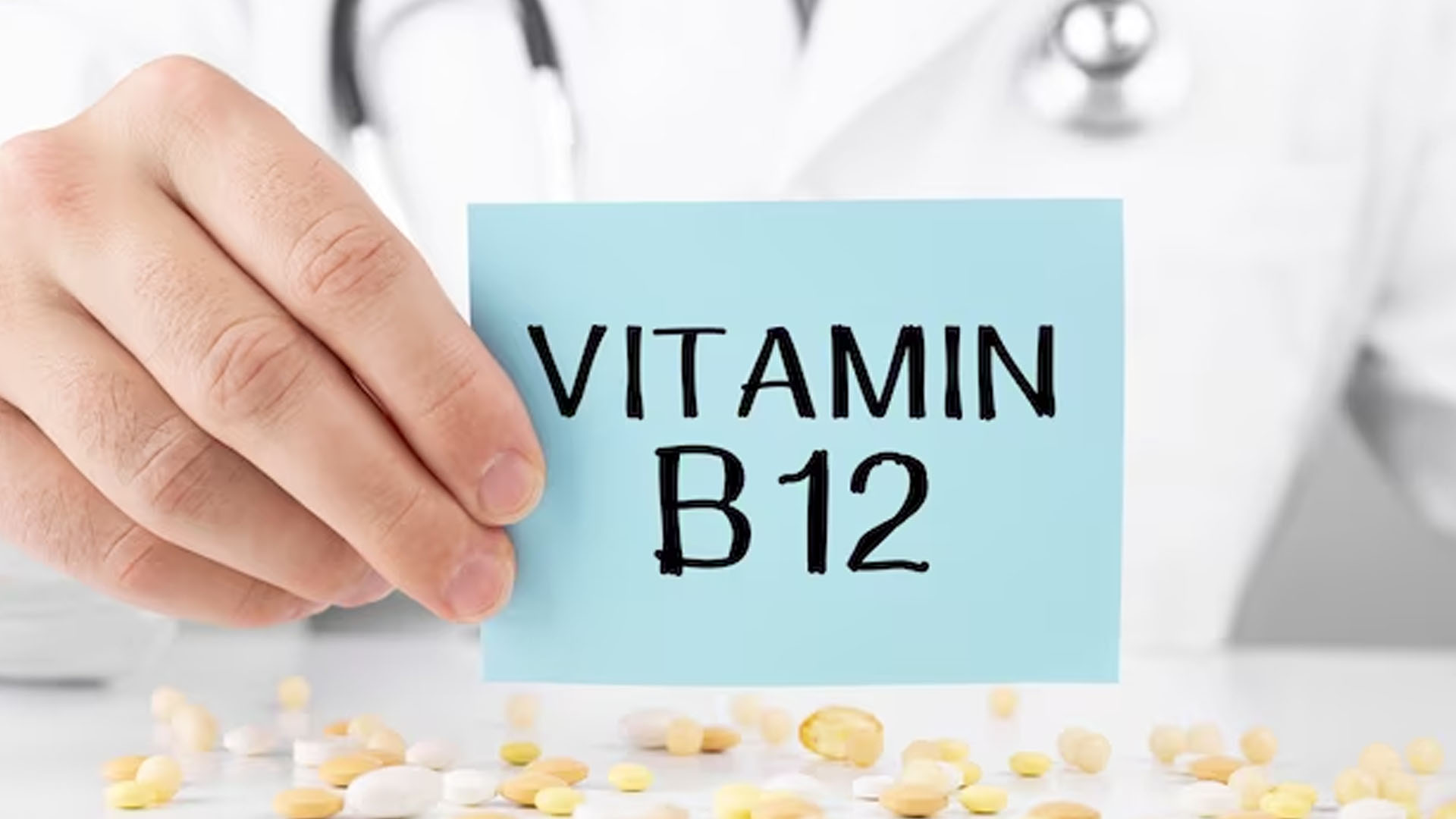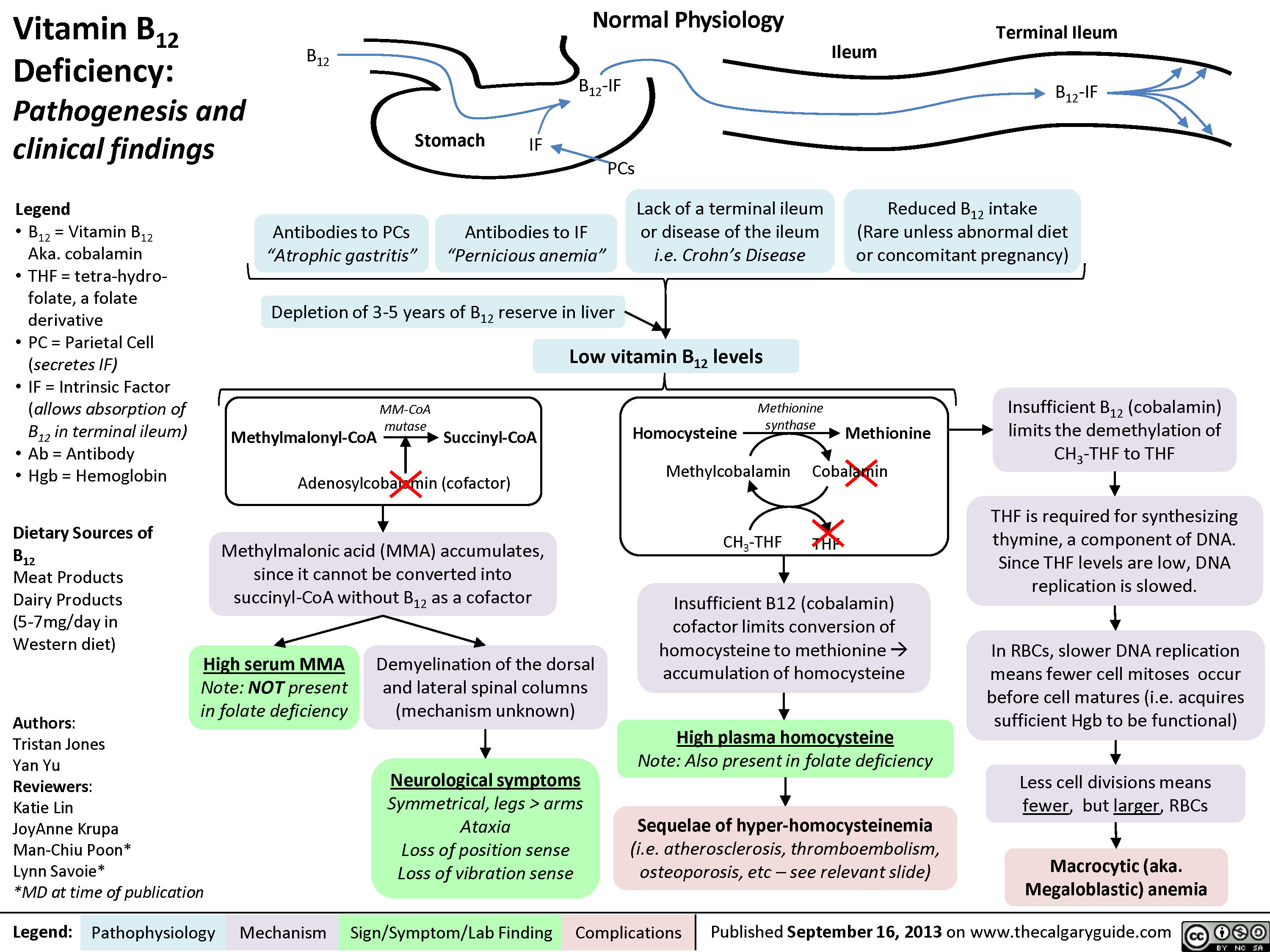Multiple sclerosis (MS) is a chronic autoimmune condition that affects the central nervous system, causing a wide range of symptoms such as fatigue, muscle weakness, and cognitive difficulties. While MS is primarily known for its neurological impact, many patients wonder whether the disease can also lead to vitamin B12 deficiency. This question has gained attention among researchers and healthcare providers, as vitamin B12 plays a crucial role in nerve health and overall well-being. Vitamin B12 deficiency can mimic or exacerbate symptoms of MS, making it essential to understand the potential connection between the two. Could MS be contributing to low levels of this vital nutrient, or is the relationship more complex?
For individuals living with MS, maintaining optimal health is a top priority. Vitamin B12 is essential for red blood cell production, DNA synthesis, and proper nerve function, making it particularly relevant for those with neurological conditions. Some studies suggest that MS patients may have a higher risk of developing B12 deficiency due to factors such as dietary restrictions, gastrointestinal issues, or medication side effects. However, the exact nature of this relationship remains unclear, prompting further investigation.
This article delves into the potential link between MS and vitamin B12 deficiency, exploring scientific evidence, expert opinions, and practical advice for managing this concern. By understanding whether MS can cause B12 deficiency, patients and caregivers can take proactive steps to address nutritional needs and improve quality of life. Let’s explore the key questions and answers surrounding this topic to provide clarity and actionable insights.
Read also:Why Tamil Yogi Best Is The Ultimate Guide To Tamil Entertainment
Table of Contents
- Does MS Cause B12 Deficiency?
- Understanding the Role of Vitamin B12 in Health
- Why Are MS Patients at Risk for B12 Deficiency?
- How Can B12 Deficiency Mimic MS Symptoms?
- Diagnosing and Treating B12 Deficiency in MS Patients
- Is There a Cure for B12 Deficiency?
- What Are the Best Food Sources of Vitamin B12?
- Can Supplements Help Prevent B12 Deficiency?
Does MS Cause B12 Deficiency?
While multiple sclerosis itself does not directly cause vitamin B12 deficiency, there are several indirect factors that may contribute to low B12 levels in individuals with MS. For instance, some MS patients may experience gastrointestinal issues, such as malabsorption, which can interfere with the body’s ability to absorb vitamin B12 from food. Additionally, certain medications used to manage MS symptoms, such as anticonvulsants or immunosuppressants, can also impair B12 absorption.
Another factor to consider is dietary habits. People with MS may adopt specific diets, such as veganism or vegetarianism, which can limit their intake of vitamin B12-rich foods like meat, fish, and dairy products. Without proper supplementation, this dietary choice can lead to a deficiency over time. Furthermore, the stress of living with a chronic illness may affect eating patterns, potentially resulting in inadequate nutrient intake.
It’s important to note that while MS does not inherently cause B12 deficiency, the interplay between the disease and other health factors can increase the risk. Regular monitoring of B12 levels is crucial for MS patients to ensure early detection and intervention if a deficiency is present.
Understanding the Role of Vitamin B12 in Health
Vitamin B12 is a water-soluble nutrient that plays a vital role in maintaining overall health. It is essential for the production of red blood cells, DNA synthesis, and the proper functioning of the nervous system. Without adequate levels of B12, individuals may experience fatigue, weakness, and neurological issues, such as numbness or tingling in the hands and feet.
One of the key functions of vitamin B12 is its involvement in myelin production. Myelin is the protective sheath that surrounds nerve fibers and facilitates efficient communication between the brain and the rest of the body. In individuals with MS, the immune system mistakenly attacks the myelin, leading to nerve damage. A deficiency in B12 can exacerbate this process, as it impairs the body’s ability to repair and maintain myelin.
Furthermore, vitamin B12 works closely with folate (vitamin B9) to support cell division and growth. This partnership is particularly important for maintaining healthy blood cells and preventing anemia. A deficiency in either nutrient can lead to megaloblastic anemia, a condition characterized by the production of abnormally large red blood cells that are unable to function properly. For individuals with MS, addressing B12 deficiency is critical to prevent additional complications.
Read also:Who Is Nick Cannons Parents Discover The Untold Story Behind His Family Roots
Why Are MS Patients at Risk?
- Gastrointestinal issues that impair nutrient absorption
- Use of medications that interfere with B12 metabolism
- Dietary restrictions or poor eating habits
- Increased stress and its impact on nutritional intake
How Can B12 Deficiency Mimic MS Symptoms?
B12 deficiency can cause symptoms that closely resemble those of multiple sclerosis, making it challenging to differentiate between the two conditions. Both disorders affect the nervous system, leading to overlapping symptoms such as fatigue, muscle weakness, and cognitive impairments. This similarity can result in misdiagnosis or delayed treatment if the underlying cause is not properly identified.
For example, B12 deficiency can lead to peripheral neuropathy, a condition characterized by nerve damage that causes numbness, tingling, or burning sensations in the extremities. These symptoms are also common in MS, particularly during relapses. Additionally, both conditions can cause balance problems and difficulty walking, further complicating the diagnostic process.
Another shared symptom is cognitive dysfunction, which may manifest as memory loss, difficulty concentrating, or confusion. In MS, these issues are often attributed to demyelination, while in B12 deficiency, they result from impaired nerve function. Given these similarities, healthcare providers must conduct thorough evaluations, including blood tests for B12 levels, to ensure an accurate diagnosis.
Key Symptoms to Watch For
- Numbness or tingling in hands and feet
- Fatigue and weakness
- Cognitive impairments or memory problems
- Balance issues and difficulty walking
Diagnosing and Treating B12 Deficiency in MS Patients
Diagnosing B12 deficiency in individuals with MS requires a comprehensive approach that includes clinical evaluation, blood tests, and patient history. A simple blood test can measure serum B12 levels, but additional tests, such as methylmalonic acid (MMA) or homocysteine levels, may be necessary to confirm the diagnosis. Elevated levels of these markers can indicate a functional B12 deficiency, even if serum levels appear normal.
Once a deficiency is identified, treatment typically involves B12 supplementation. Oral supplements, injections, or nasal sprays may be prescribed, depending on the severity of the deficiency and the patient’s ability to absorb the nutrient. For individuals with malabsorption issues, high-dose injections are often the most effective option. Regular follow-up testing is essential to monitor progress and adjust the treatment plan as needed.
In addition to supplementation, dietary modifications can help address B12 deficiency. Incorporating B12-rich foods, such as fish, meat, eggs, and fortified cereals, can support long-term health. For those following plant-based diets, fortified plant milks and nutritional yeast are excellent alternatives. Working with a registered dietitian can ensure a balanced intake of nutrients to support overall well-being.
Is There a Cure for B12 Deficiency?
Fortunately, B12 deficiency is treatable and, in most cases, reversible with appropriate intervention. The key to successful treatment lies in early detection and consistent management. By addressing the root cause of the deficiency, whether it’s dietary insufficiency, malabsorption, or medication-related, patients can restore their B12 levels and alleviate symptoms.
For MS patients, managing B12 deficiency is particularly important to prevent complications that could worsen their condition. Regular monitoring and collaboration with healthcare providers can ensure that any deficiencies are promptly addressed. In some cases, lifestyle changes, such as improving dietary habits or addressing gastrointestinal issues, may be sufficient to maintain adequate B12 levels.
While there is no single “cure” for B12 deficiency, ongoing care and attention to nutritional needs can help individuals maintain optimal health. By staying informed and proactive, MS patients can reduce the risk of complications and improve their quality of life.
Steps to Prevent and Manage B12 Deficiency
- Undergo regular blood tests to monitor B12 levels
- Incorporate B12-rich foods into your diet
- Consider supplements if dietary intake is insufficient
- Address underlying health issues, such as gastrointestinal disorders
What Are the Best Food Sources of Vitamin B12?
Ensuring an adequate intake of vitamin B12 through diet is essential for maintaining health, especially for individuals with MS. The best food sources of B12 are primarily animal-based, including meat, fish, eggs, and dairy products. For example, clams and liver are among the richest sources, providing over 1,000% of the recommended daily intake in a single serving.
Fish, such as salmon and trout, are also excellent sources of B12, offering both the nutrient and heart-healthy omega-3 fatty acids. Dairy products, including milk, cheese, and yogurt, provide a convenient way to incorporate B12 into daily meals. For those who consume eggs, they are a versatile and nutrient-dense option that can be enjoyed in various dishes.
Individuals following plant-based diets can still meet their B12 needs through fortified foods. Many plant milks, breakfast cereals, and nutritional yeast products are enriched with B12, making them suitable alternatives. However, it’s important to check labels to ensure adequate fortification. Consulting with a healthcare provider or dietitian can help tailor dietary choices to individual needs.
Top B12-Rich Foods
- Clams and liver
- Fatty fish like salmon and trout
- Dairy products such as milk and cheese
- Fortified plant-based milks and cereals
Can Supplements Help Prevent B12 Deficiency?
For individuals at risk of B12 deficiency, including those with MS, supplements can be an effective way to ensure adequate intake. B12 supplements are available in various forms, including tablets, capsules, injections, and nasal sprays. The choice of supplement depends on the individual’s specific needs and their ability to absorb the nutrient.
Oral supplements are convenient and widely available, making them a popular choice for many people. However, individuals with malabsorption issues may benefit more from injectable forms of B12, which bypass the digestive system and deliver the nutrient directly into the bloodstream. Nasal sprays offer another alternative for those who prefer non-invasive options.
It’s important to consult with a healthcare provider before starting any supplementation regimen. Over-supplementation can lead to side effects, such as headaches or nausea, and may mask underlying health issues. A healthcare provider can recommend the appropriate dosage and form of B12 based on individual needs and health status.
Benefits of B12 Supplements
- Convenient and easy to incorporate into daily routines
- Available in various forms to suit individual preferences
- Effective for addressing deficiencies caused by malabsorption
- Can be tailored to specific dietary restrictions
Frequently Asked Questions (FAQs)
Can MS medications lead to B12 deficiency?
Yes, certain medications used to manage MS, such as anticonvulsants and immunosuppressants, can interfere with B12 absorption. It’s important to discuss any concerns with your healthcare provider to monitor and address potential deficiencies.
How often should MS patients test for B12 levels?
MS patients should undergo regular blood tests to monitor B1

